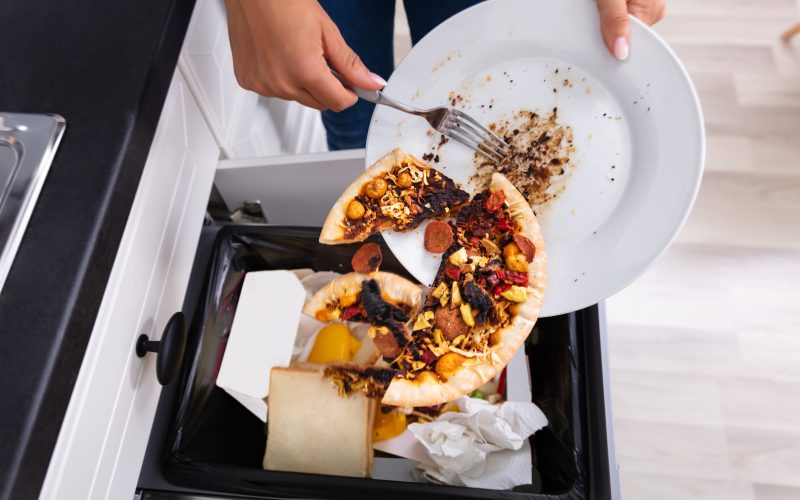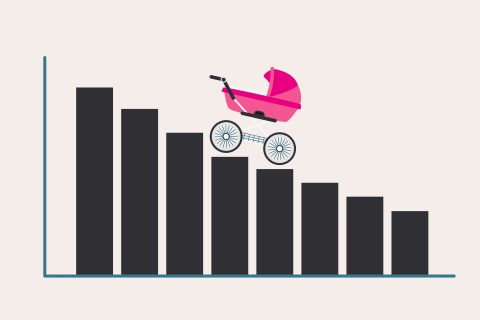One lesser-discussed strategy to fight climate change: clean your plate. Susan Shain is a reporting fellow for Headway, a section of The New York Times. She joins host Krys Boyd to discuss how food waste is responsible for twice as many greenhouse gas emissions as commercial aviation, and how one public awareness campaign in Ohio is taking on the battle and winning. Her article is “How Central Ohio Got People to Eat Their Leftovers.”
This episode originally aired on January 18, 2023.
Blog Post: Three ways to save food (and money, too)
—By Cristin Espinosa, Digital Producer for Think
It’s mindboggling to know that the food we waste in the U.S. every year emits about twice as much greenhouse gas as the entire commercial aviation industry. And food waste doesn’t just hurt the environment, but our checkbooks, too.
Our guest, Susan Shain, reported on a study done by the Solid Waste Authority of Central Ohio (or SWACO), which found that the average family of four wastes about $1,500 a year on food that they don’t eat. So how do we limit the amount of food we toss out?
1. Plan your meals.
Meal planning isn’t just for fitness fans looking to count calories. It’s also an effective way to know exactly what you’ll be eating during the week so you don’t end up buying more food than you need.
“It’s definitely made a huge difference in terms of my family, in terms of time and sanity after coming home from work and not knowing what you’re going to cook,” says Shain.
If you’re not a great chef, you could try buying pre-made meals or looking up hassle-free recipes. There are also plenty of calendars and templates available online to make it easy to keep track of what you’ll be eating for the week ahead.
2. Stick to your grocery list.
“I used to be a personal finance reporter, and that was also a tip that we shared a lot,” Shain says. “That’s the cool thing about food waste—a lot of these tips will help you save money and save food.”
Once you’ve gotten into the groove of meal planning and making lists, you’ll get a better idea of the right quantity of food you need each week. You’ll soon see your grocery bills shrinking.
3. That box of leftovers? Eat it or freeze it.
When you do eat out, it’s always a good idea to take your leftovers home with you. Shain recommends making leftover nights a habit—she even tried it with her own family.
“Scheduling leftover nights for us was really huge,” she says. “We schedule at least one leftover night each week to just kind of clean out the fridge and have really random compilations of food that we may not have otherwise gotten to.”
If you’re not able to eat your leftovers within a few days, it’s best to save them in the freezer for later.
“If something is going to go bad, you know, a lot of times if that soup seems like you’re not going to get to it in time, you’re going on vacation, stick it in the freezer.”
Learn more about how to stop food waste by listening to our podcast with Susan Shain above.
This episode originally aired on January 18th, 2023.





